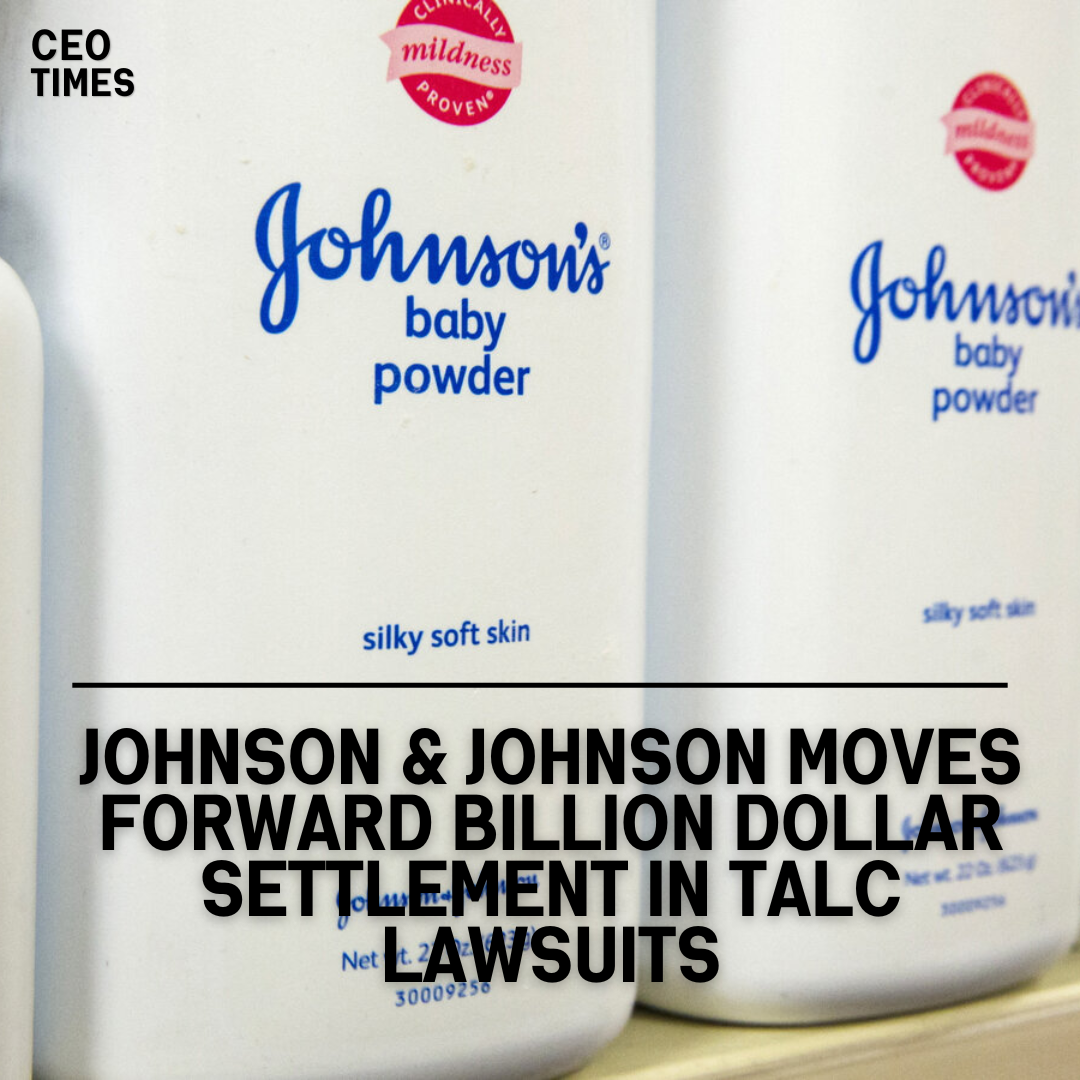Yum Brands, the parent company of popular chains like KFC and Pizza Hut, reported a decline in global same-store sales for the quarter.
This reflects changing consumer behaviors influenced by inflation concerns. The company’s performance mirrors a broader trend in the fast-food industry, with competitors like McDonald’s grappling with similar challenges.
Impact of Consumer Preference Shifts:
Inflation-weary consumers, particularly in the United States, prioritize value-oriented meal options, prompting fast-food chains to intensify promotions and revamp store experiences.
This shift in buyer preferences has led to choppy demand for Yum Brands’ offerings, affecting domestic and international markets.
Financial Performance and Market Reaction:
Yum Brands’ quarterly results fell short of expectations, with total revenue declining nearly 3% to $1.60 billion, missing analysts’ estimates.
The company experienced a 3% decline in worldwide same-store sales, contrasting with growth expectations. Consequently, shares of Yum Brands declined by 6% in premarket trade following the announcement.
CEO’s Perspective and Strategic Response:
Yum Brands’ CEO, David Gibbs, acknowledged the pressure on same-store sales but expressed optimism about positive momentum and two-year solid growth. Despite challenges, the company remains committed to navigating market dynamics and driving growth initiatives.
Among Yum Brands’ portfolio, KFC and Pizza Hut experienced declines in same-store sales, while Taco Bell saw a modest increase.
The launch of KFC’s loyalty program failed to generate significant demand, highlighting consumers’ continued preference for cost-effective alternatives.
Comparison with Competitors:
Yum Brands’ performance contrasts with Domino’s Pizza’s, which benefited from a successful loyalty program revamp.
While Yum Brands faces headwinds in its sales figures, competitors like Domino’s have maintained consumer engagement and satisfaction.

















